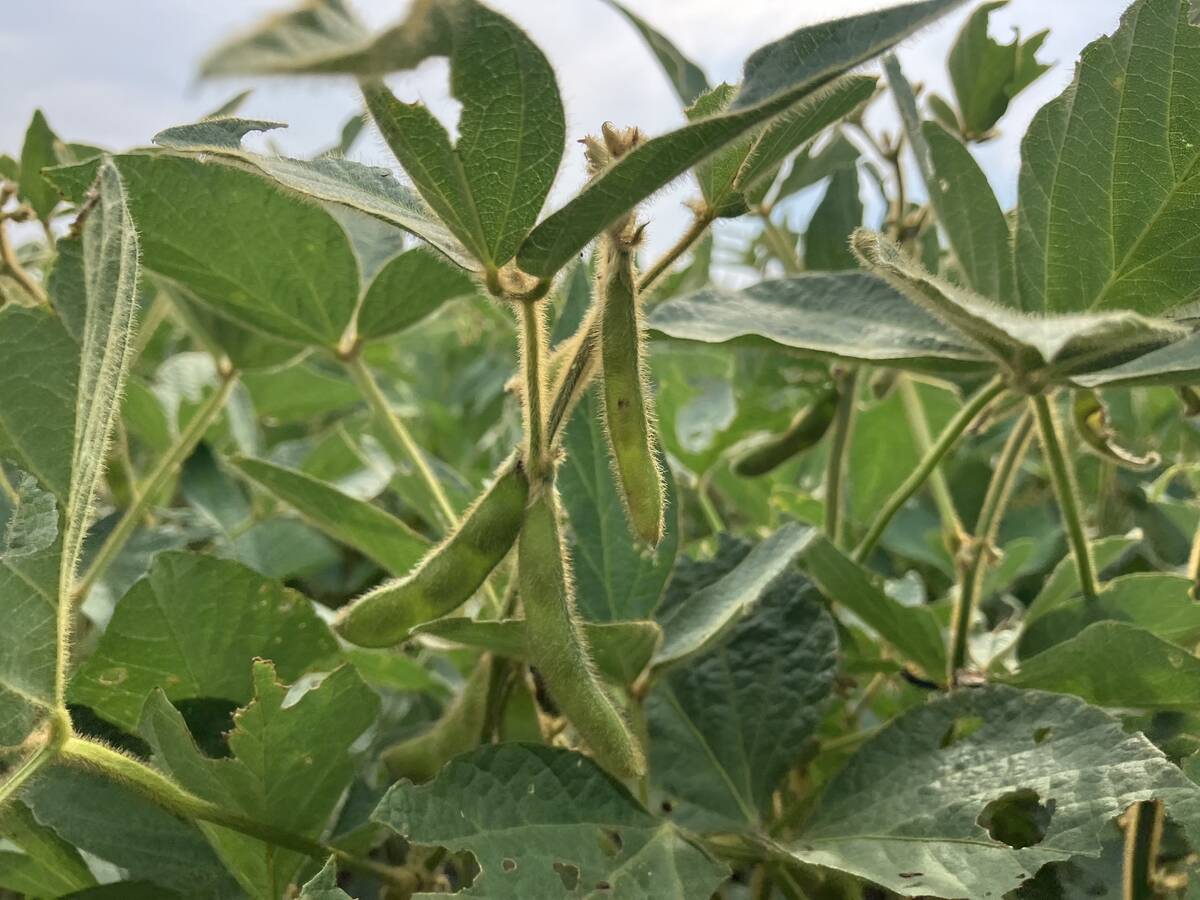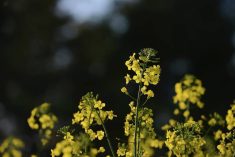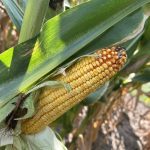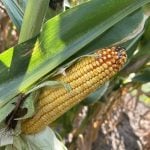A Calgary biotech company’s plans to make cardiovascular drugs from safflower will resume after a false start this summer.
SemBioSys Genetics — which is already known for breeding gene-altered safflower that produces insulin — had first announced in July that it had bred safflower lines that could make commercial levels of “Apo AI,” a major protein in HDL (“good” cholesterol).
But the company then had to clarify in August that it hadn’t yet proven it could make Apo AI at commercial levels in its seed lines. On “further evaluation” it said its plants’ production of Apo AI fell short of the one per cent benchmark for total seed protein expression that it set as a requirement for commercial-scale production.
Read Also

Health Canada proposes new restrictions for dicamba on soybeans
Pest Management Regulatory Agency removes the registration to spray dicamba on dicamba tolerant soybeans after the crop starts growing
SemBioSys then said it would go back to its other safflower lines to find a commercial producer of what it calls “native” Apo AI. Its lines had already produced a variant, Apo AI Milano.
The company confirmed Thursday that it now has a “native” AI producer in its seed lines, at a level high enough to beat the cost and capacity challenges of producing Apo AI in fermentation, the way it’s currently made.
The company hopes to have its preclinical work on the product done to begin clinical trials of safflower-produced Apo AI in 2009, and in the meantime plans to confirm that its Apo AI is “functionally equivalent” to the protein that mammals produce naturally.
It’s hoped an Apo AI drug could help remove plaque from arteries of people with cardiovascular disease. Given the high number of expected patients, each needing up to 20 g per course of treatment, there could be demand for several tonnes of Apo AI per year, making a “highly scalable” crop production program valuable, the company said.
SemBioSys also hoped to have its safflower-made insulin in clinical trials by early next year, which if successful could put the product on the market for diabetes treatment by 2010.












